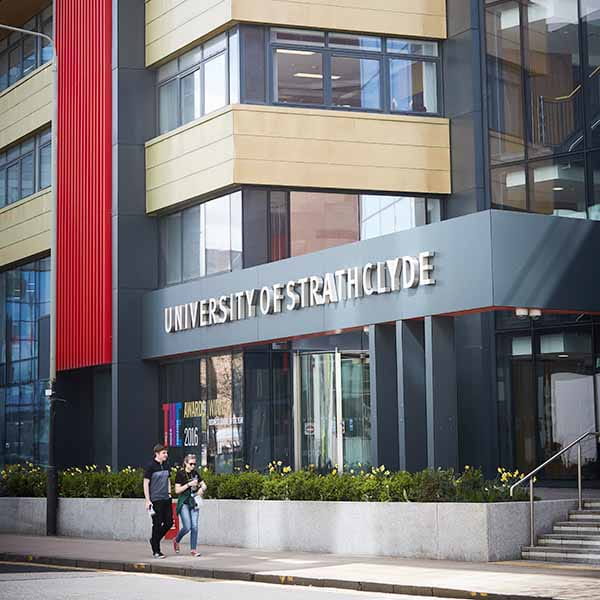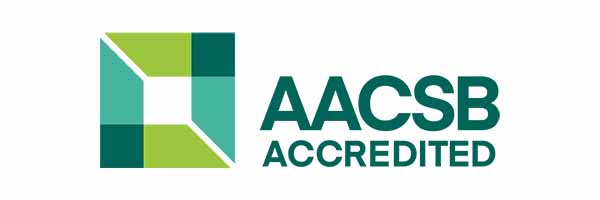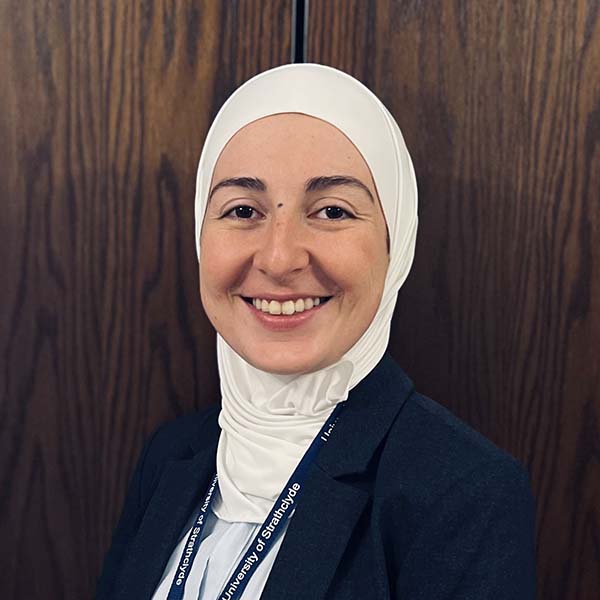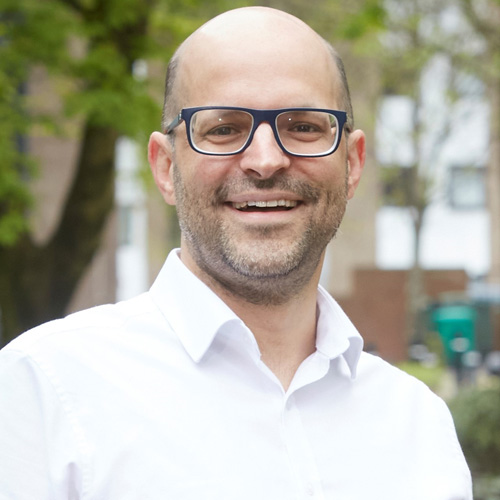Apply
Entry requirements
For entry onto our postgraduate research programmes, we normally look for a first-class or upper second-class UK Honours degree, or overseas equivalent, in a relevant business or social science related subject. For PhD applications, we also normally expect a Masters degree, or overseas equivalent, although there are often exceptions. When reviewing your academic achievements, we're particularly interested in grades which relate to independent research (for example, a research project or dissertation). A strong score in these elements may allow us to consider entry with a lower degree classification.
Strathclyde Business School is committed to supporting a diverse and inclusive postgraduate research population. We make decisions on entry by assessing the whole person and not relying solely on academic achievements. On that basis, please ensure that your application (via your CV and covering letter) can evidence your resourcefulness, commitment and resilience as demonstrated by broader professional and life experiences. This evidence should be centred on your ability to undertake and complete a PhD and contribute to a positive PhD community.
You can prove your knowledge of English by:
- Passing a Secure English Language Test from our list of accepted providers with an IELTS (or equivalent) score of 6.5, with no individual element below 5.5.
- We will also consider evidence of prior study using English as the medium of instruction, if this study was in the last five years.
- The University has an English Language Teaching unit that offers a pre-sessional course – both on campus and online - allowing applicants to upskill in the use of English language in preparation for undertaking a postgraduate research degree. More information on the course and how to apply is available on the Pre-sessional webpage. PGR applicants should add a Pre-sessional application to their main degree application on the Applicant Portal, selecting the Pre-sessional programmes for Postgraduate students. For more information, or if you have any questions, please contact elt@strath.ac.uk.
Before you apply
Writing your research proposal
When preparing your research proposal please use the following template:
1. Working title
2. Layman’s summary of proposed research [max. 250 words]
Give us a brief summary of your proposed research project written for members of the public, rather than researchers or professionals. Why is this research important? What global/societal issues does it solve? What impact could it have on business and management in the future.
3. Research aim and objectives (or question(s)) [max. 500 words]
What’s the question you want to answer? How will you attempt to answer this question?
4. Literature review [max. 500 words]
Provide a brief overview of relevant literature to indicate any debates the research aims to engage with; any gaps or problems that have been identified; or what models the project hopes to explore or test.
5. Methodology [max. 300 words]
Provide an outline of the proposed research methodology.
6. Timeline [max. 300 words]
A PhD is 36 months minimum study (full time). In 6 months increments, indicate what you think the main activities will be. This is important as we need to assess the achievability of your proposal. This should be presented in tabular format.
6. References
Please use Harvard referencing throughout.
Notes:
- please use Times New Roman 12 pt font
- 1.5 line spacing
- 2.5cm margin all round
- hard return between paragraphs
Getting a reference
Read our help on how to choose references and what the referees need to supply.
The application
During the application you’ll be asked for the following:
- your full contact details
- a copy of an up-to-date CV
- academic transcripts for both your degrees which clearly show the modules studied and the grades gained for each module
- proof of English language proficiency, less than two years old, if English isn't your first language
- two references, one of which must be academic – the references should focus on your academic and research skills, as well as your suitability to undertake PhD level study
- funding or scholarship information
- research proposal, clearly demonstrating the potential contribution both in theory and practice; please use our guidance above and attach this with your application
By filling these details out as fully as possible, you'll avoid any delay to your application being processed by the University.
Accepting an offer
If your chosen supervisor is available to work with you, they'll confirm this and nominate a potential second supervisor. As soon as a second supervisor is confirmed, an offer of study will be sent to you through Pegasus, our online application system.
When you accept our offer, you'll receive a full offer in writing via the email address you provide.
UK or EU students
If you're applying as a UK or EU student, you'll then be issued with your registration documentation.











